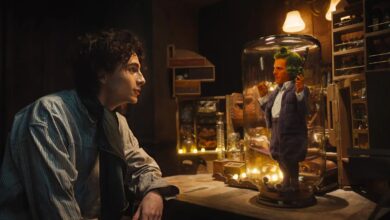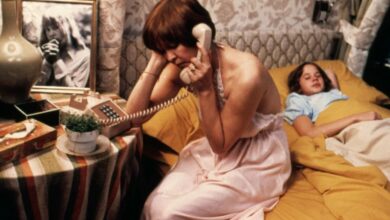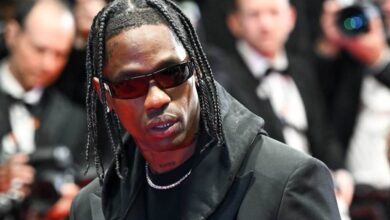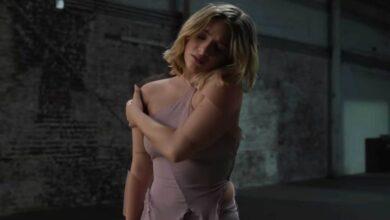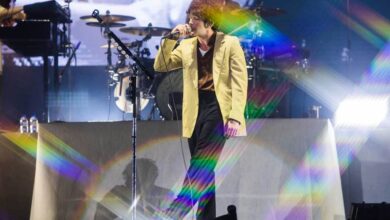Greta Gerwig: A Feminist Filmmaker? Analyzing ‘Barbie’, ‘Little Women’, and ‘Lady Bird’
Greta Gerwig has become a prominent figure in the film industry, gaining immense popularity with her latest release ‘Barbie.’ As a director, she is known for her unique storytelling approach, evident in her previous works, ‘Little Women’ and ‘Lady Bird,’ both focusing on female-driven narratives.
Renowned for her feminist perspective, Gerwig’s protagonists challenge societal norms and explore their identities fearlessly. Her films defy traditional notions of ‘happily ever after,’ opting for more realistic and empowering portrayals of women. Let’s delve into her three projects and discover how she masterfully incorporates feminism into her storytelling.
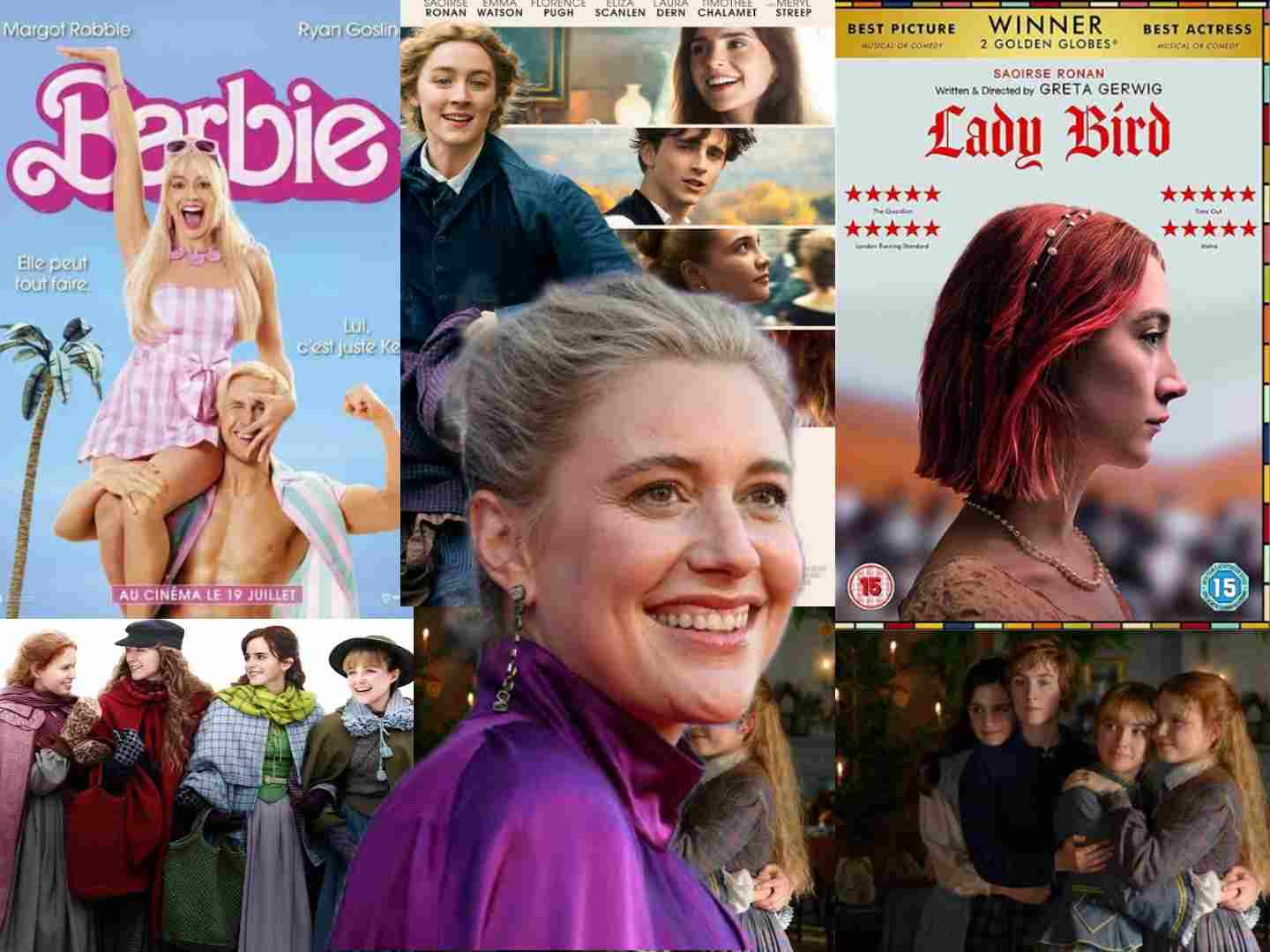
Lady Bird
Released in 2017, ‘Lady Bird’ starring Saoirse Ronan, captivated audiences with its portrayal of teenage struggles and the quest for identity amidst the transition to adulthood. The film received five Oscar nominations, showcasing its powerful storytelling and direction by Greta Gerwig.
The protagonist, Christine, rejects her given name and adopts the alias “Lady Bird,” symbolizing her desire to assert her individuality. She yearns to escape the confines of her Catholic school and the perceived artistic limitations of Sacramento, California. Throughout the film, Lady Bird navigates relationships and experiences, and what sets her apart is her unwavering self-worth and independence.
Unlike traditional Hollywood depictions, ‘Lady Bird’ refrains from objectifying or sexualizing the protagonist’s body. Lady Bird’s voice and agency remain intact, empowering her to drive the narrative forward. The film fearlessly explores themes like sexual exploration, discussing abortion, and embracing personal choices.
Ultimately, ‘Lady Bird’ presents a feminist perspective, showcasing a young woman’s journey of self-discovery, growth, and resilience. It offers a female-oriented and female-directed coming-of-age story that challenges patriarchal norms and celebrates the power of defining one’s own identity.
Little Women
Greta Gerwig’s rendition of ‘Little Women,’ based on Louisa May Alcott’s classic novel, brings a fresh perspective to the beloved tale. The film features a stellar cast, including Florence Pugh, Emma Watson, and Saoirse Ronan, each embodying different facets of feminism.
At the heart of the story is Jo March, a spirited character who challenges societal norms. Her powerful dialogue, “I would rather be a spinster and canoe my own boat,” eloquently showcases her determination to prioritize independence over marriage. Jo’s iconic monologue delves into the loneliness that accompanies her feminist ideals, underscoring her steadfast refusal to conform to gender expectations.
Meg March, on the other hand, embraces the traditional role of a 19th-century woman, desiring a family and domestic life. Her response to Jo’s encouragement to pursue acting emphasizes the significance of diverse dreams and choices, encouraging acceptance of varying aspirations within feminism.
The transformation of Amy, initially depicted as shallow and vain, reveals her growth into a thoughtful young woman. Amy’s candid confrontation with Laurie about her pragmatic approach to marriage as an economic opportunity illustrates her agency and determination to shape her own future, despite societal constraints.
Through Gerwig’s direction, ‘Little Women’ portrays a multifaceted representation of feminism, celebrating diverse paths and choices for women in a manner both relevant to the 19th-century setting and resonant in the contemporary world.
Barbie
In Greta Gerwig’s latest film, ‘Barbie,’ she continues to explore feminist themes. Barbie, often seen as a symbol of feminism, embodies strength and fearlessness, defying societal expectations by being anything she wants. In this world, Barbie and her fellow dolls rule with matriarchal power, while the male characters take on supportive roles, challenging traditional gender dynamics.
Contrary to misconceptions, the film does not promote misandry but instead highlights the importance of individuality and breaking free from stereotypes. Barbie encourages Ken to find his own identity and not merely be her shadow, touching upon themes of patriarchy, feminism, and woke misogyny in a humorous yet thought-provoking manner.
With ‘Barbie,’ Greta Gerwig once again demonstrates her skill in crafting impactful films that subtly delve into complex topics. Her growth as a filmmaker is evident, as she continues to create empowering narratives with strong female characters. The film’s message resonates, encouraging young audiences to aspire to power and independence rather than conforming to traditional gender roles.
In conclusion, Greta Gerwig’s dedication to feminist storytelling is apparent in ‘Barbie,’ reinforcing her position as a talented and influential filmmaker in today’s cinema. Her portrayal of female empowerment and challenging gender norms inspires a desire for more such empowering narratives that empower and uplift audiences.
Latest news: Timothée Chalamet Shines in Musical ‘Wonka’ Teaser


